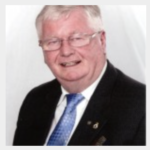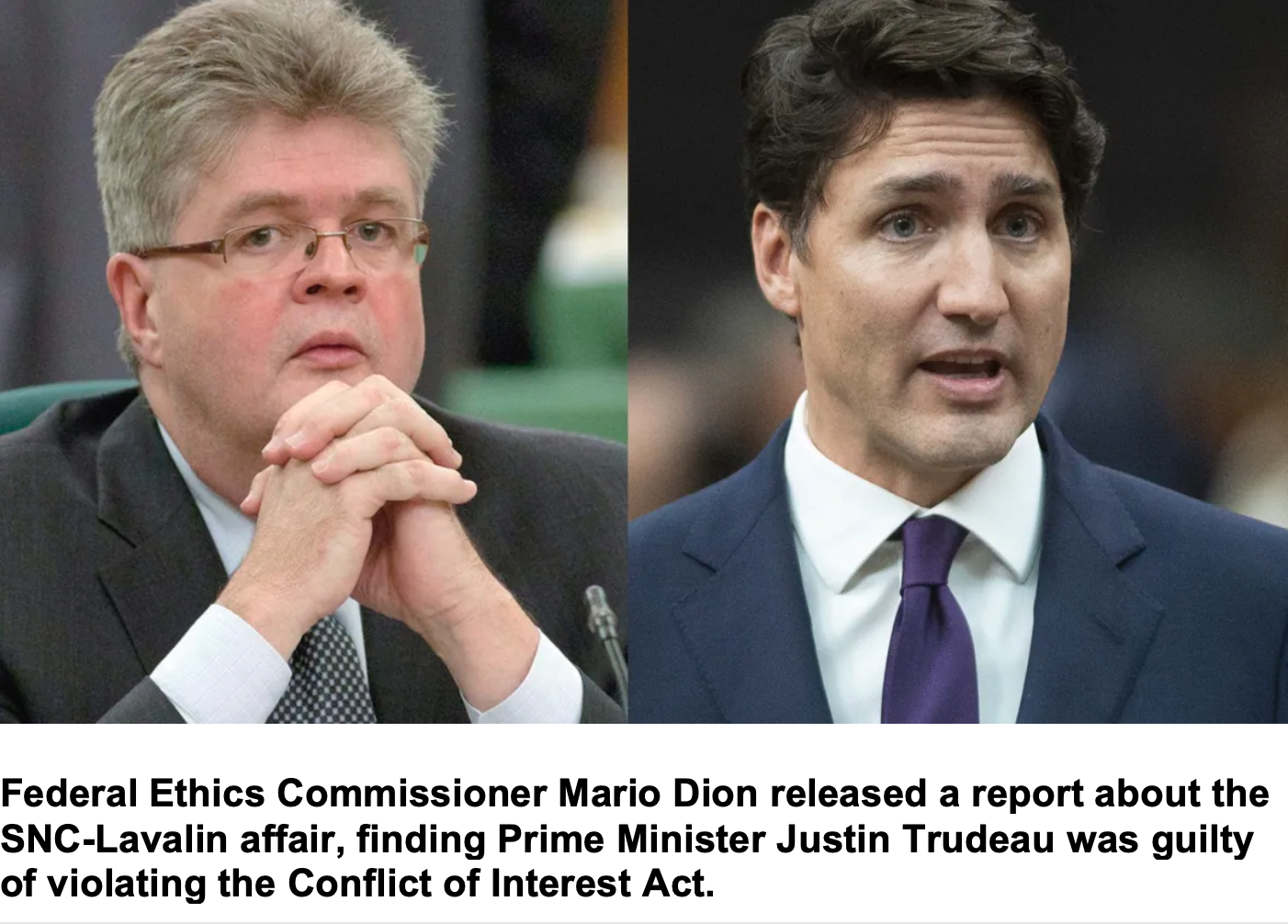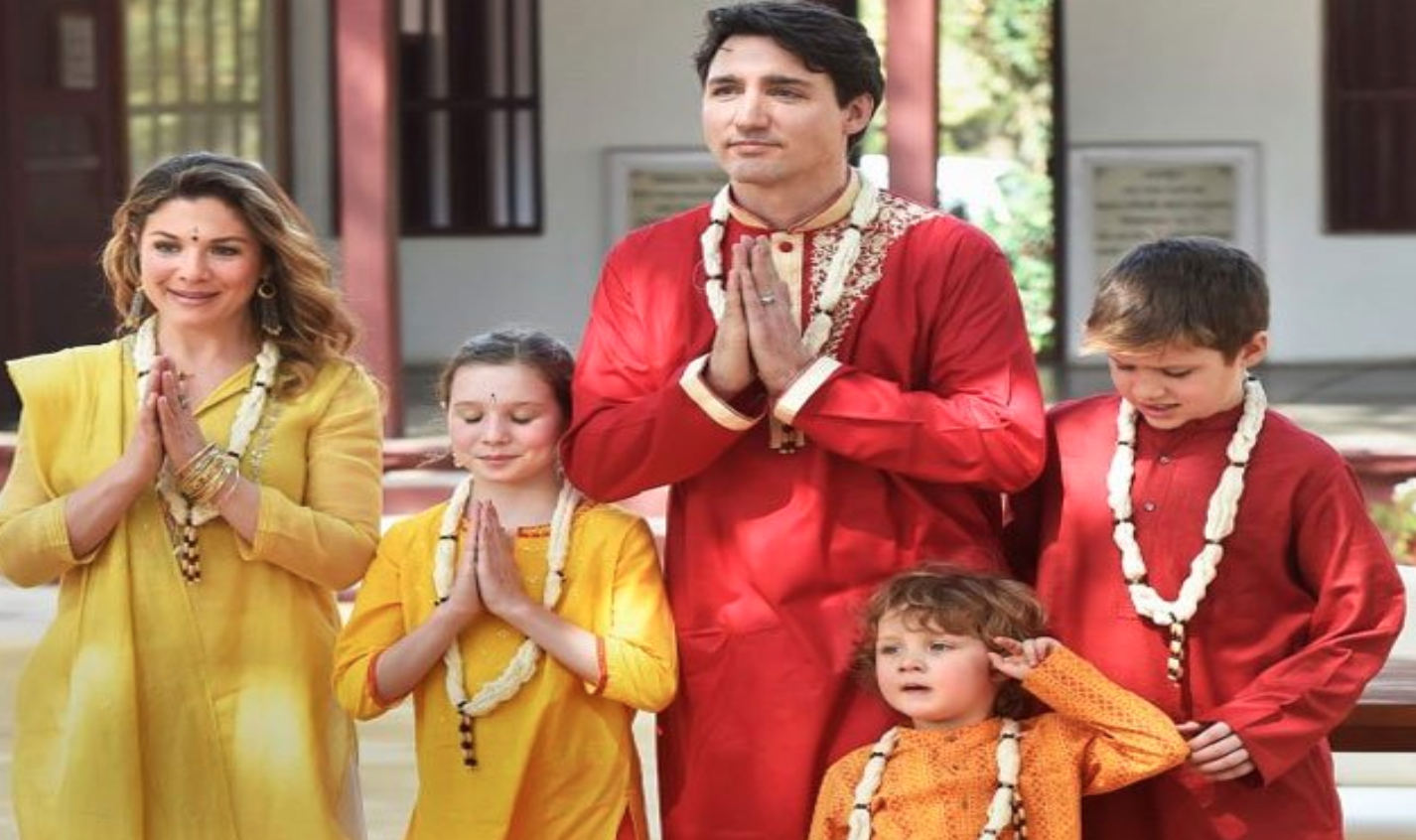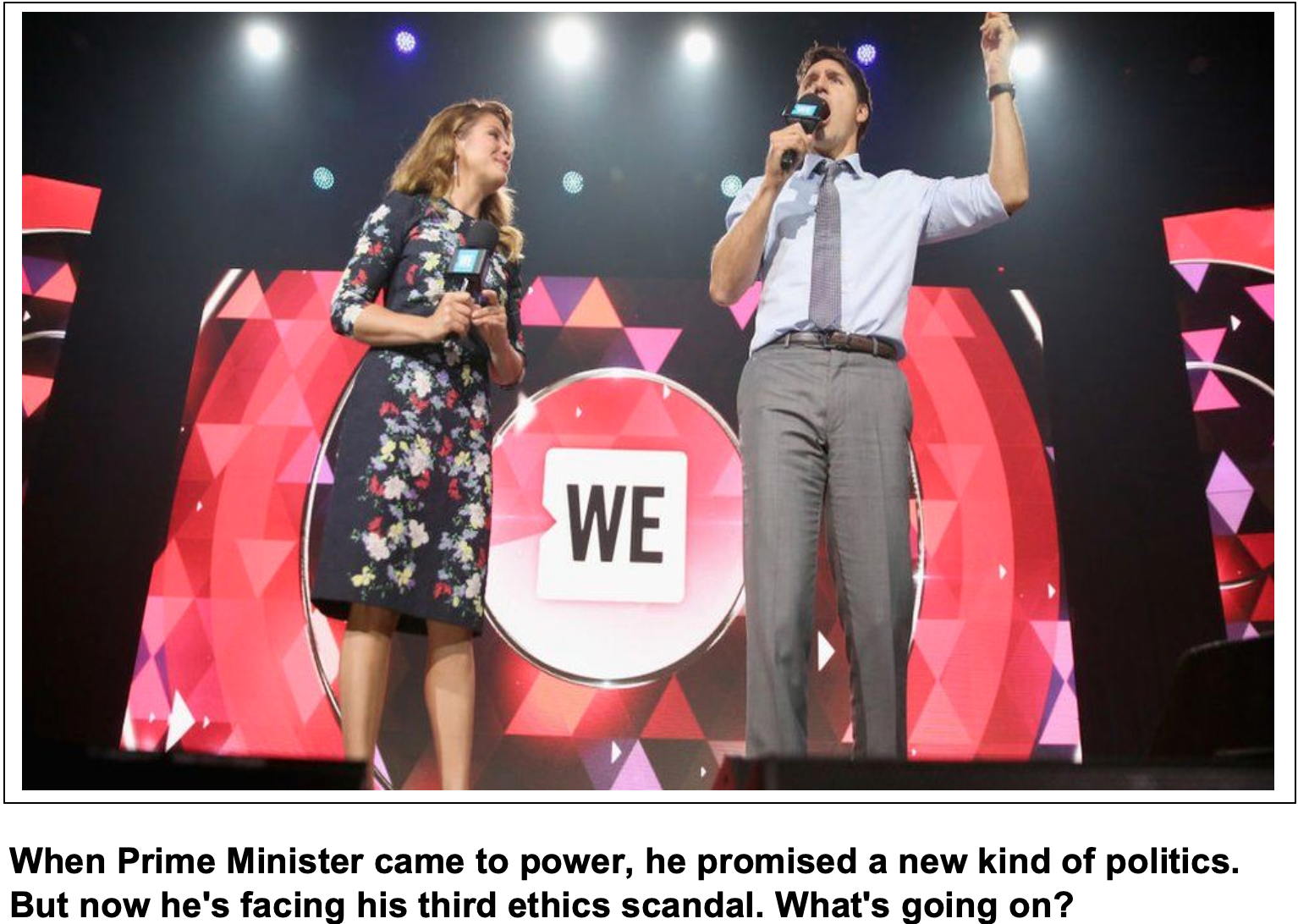 It makes me mad and sad, that with all the perks and Inflated salaries Canada’s government has come off badly again in Transparency International’s annual Corruption Perceptions Index, with the country’s score falling faster than that of any other country in the 180-nation rankings released this week. Canada’s score has dropped to its lowest ever, 74 out of 100 a slide that has cost Canada eight points over the past five years alone.
It makes me mad and sad, that with all the perks and Inflated salaries Canada’s government has come off badly again in Transparency International’s annual Corruption Perceptions Index, with the country’s score falling faster than that of any other country in the 180-nation rankings released this week. Canada’s score has dropped to its lowest ever, 74 out of 100 a slide that has cost Canada eight points over the past five years alone.
How and why Canadians put up with a government that is corrupt from the very top, as Prime Minister, he should be beyond reproach, but he blames others and continues, the first case against SNC-Lavalin Group Inc The scandal all centres on one key question: did the prime minister, someone in his office or other government officials try to pressure Jody Wilson-
Raybould when she was attorney general to step in and resolve the corruption and fraud case against SNC-Lavalin Group Inc. in an effort to spare the Montreal-based engineering giant from criminal prosecution?
Trudeau has repeatedly denied any inappropriate actions on his part or senior figures in his administration. But Dion found that the prime minister had “directly and through his senior officials used various means to exert influence” over Wilson-Raybould. Those actions, said Dion, violated Section 9 of the Conflict of Interest Act.
The scandal has, so far, led to the cabinet resignations of Wilson-Raybould and former treasury board president Jane Philpott, who were both booted from caucus and now sit as independent MPs.
The Ethics Commissioner Mario Dion (above) released his report into the SNC-Lavalin affair, the political scandal that has led to the ouster of two cabinet ministers, the resignation of one of the prime minister’s key aides and opposition calls for Prime Minister Justin Trudeau to step down
There have been other political ramifications. Trudeau’s principal secretary Gerald Butts resigned from his role, as did Michael Werneck, who stepped down as clerk of the Privy Council. Meanwhile, in the wake of Dion’s report, the RCMP has indicated it is “examining this matter” — just weeks before a federal election.
A) ‘I take responsibility,’ Trudeau says in wake of damning report on SNC-Lavalin ethics violation
B) 5 things we learned from Ethics Commissioner Mario Dion’s report on Justin Trudeau Here is what you need to know about the ongoing scandal:
What is SNC’s role in this scandal?
SNC-Lavalin faces charges of fraud and corruption in connection with nearly $48 million in payments made to Libyan government officials between 2001 and 2011. If convicted, the company could be blocked from competing for federal government contracts for a decade.
SNC-Lavalin had hoped that its fraud and corruption charges could be resolved with what’s known as a deferred prosecution agreement (DPA), which would spare the company a trial and possible criminal conviction. The company had lobbied federal officials for such an outcome, according to the Globe and Mail. But in October, the Public Prosecution Service of Canada determined SNC had not met the criteria for a DPA. The company was ordered to stand trial in May. What is a deferred prosecution agreement?
The Trudeau government amended the Criminal Code to establish remediation agreements, also known as deferred prosecution agreements.
This amendment, which SNC-Lavalin had lobbied the government to introduce, would allow companies accused of certain economic offences — such as bribery, fraud, and corruption — to be spared criminal charges.
Instead, these companies could admit wrongdoing and pay a financial penalty. Part of the reasoning behind the amendment, according to the Criminal Code, was to “reduce the negative consequences of the wrongdoing for persons — employees, customers, pensioners and others who did not engage in the wrongdoing.”
Trudeau vs. Dion: How the PM and ethics commissioner differ on the SNC-Lavalin affair, an economic reality check on SNC-Lavalin: Are 9,000 jobs really at stake? In the case of SNC-Lavalin, which employs nearly 9,000 Canadians across the country, the concern has been that a successful criminal prosecution against the company could cost many jobs and damage the economy, particularly in Quebec.
However, the section of the Criminal Code that lays out the conditions for remediation agreements states that the prosecutor, when considering such an agreement, must not factor in the “national economic interest” or “the potential effect on relations with a state other than Canada.”
“Within these conversations, there were express statements regarding the necessity of interference in the SNC-Lavalin matter, the potential of consequences and veiled threats if a DPA was not made available to SNC,” she said.
In his report, Dion found four significant attempts by Trudeau and staff to influence Wilson-Raybould, through tactics he found “troubling.” Those included: Trudeau contravened Section 9 of the Conflict-of-Interest Act through a series of “flagrant attempts to influence” Wilson‑Raybould to reach an agreement with SNC-Lavalin to avoid criminal prosecution. That section of the code prohibits any official responsible for high level decision-making in government from seeking to influence the decision of another person to “improperly further another person’s private interests.”
Who else does Wilson-Raybould allege pressured her? The attorney general is supposed to be an independent, non-partisan role, and the most important part of that non-partisan role is the oversight of federal prosecutions. This independence is a trait not shared by other cabinet roles.
“The role of the AG and prosecutors is to act in the public interest, not in the interest of whoever is in the PMO,” University of Ottawa law professor Craig Forcese wrote in his blog. “They must, therefore, not be under the thumb of the political executive, and indeed must be insulated from political pressures that would, for instance, leave some people favoured in the criminal justice system, and others targeted.”
SNC-Lavalin faces charges of fraud and corruption in connection with nearly $48 million in alleged payments made to Libyan government officials between 2001 and 2011. (CBC)
This means that while cabinet ministers and the prime minister can consult with the attorney general, they cannot instruct or pressure the attorney general to make any specific decision regarding criminal cases.
Wilson-Raybould herself testified that it is appropriate for cabinet colleagues to draw to the attorney general’s attention what they see as important policy considerations that are relevant to decisions about how a prosecution will proceed.
“What is not appropriate is pressing the attorney general on matters that she or he cannot take into account, such as partisan political considerations; continuing to urge the attorney general to [change] her or his mind for months after the decision has been made; or suggesting that a collision with the prime minister on these matters should be avoided.”
The ethics commissioner said that he believed Trudeau misunderstood the distinction — the dual role of justice minister and attorney general — and that they must remain independent of cabinet when exercising their prosecutorial discretion.
Can the AG overrule a decision from the director of public prosecutions?
Yes. The director works “under and on behalf” of the attorney general, who can issue directives regarding specific prosecutions.
Section 10 of the DPP Act says the attorney general can issue directives “on the initiation or conduct of any specific prosecution and with respect to prosecutions generally.”
Opposition Leader Andrew Scheer, in a letter to the RCMP, makes note that the Criminal Code states it’s illegal to “obstruct, pervert or defeat the course of justice.” Scheer alleged that the actions of the prime minister would fall within those contours.
The scandals started early. They’ve kept going. Some involve gifts; others involve lobbying; still others involve forgotten chalets by the finance minister
The Liberal government under Justin Trudeau has had its share, maybe more than its share — of scandal and controversy and, depending how things go today, one of them might bring the minority government down, forcing an election in the middle of the COVID-19 pandemic.
Here’s a short history of the Trudeau government’s scandals. The Aga Khan Justin Trudeau first got in trouble with the ethics commissioner in December 2017, when it came out that he’d broken conflict of interest rules by vacationing at the Aga Khan’s private island over Christmas.
At issue: the Aga Khan’s foundation is registered to lobby the government. Also, Trudeau rode in the Aga Khan’s private helicopter. Also, the Aga Khan Foundation has received tens of millions of dollars from the federal government. Costumes in India
Not an ethics scandal, but Justin Trudeau found himself a laughingstock after a trip to India in February 2018 where he enthusiastically dressed in various local costume, to the bemusement of Indian officials.
There’s another side to this story: A photo emerged on the trip of Sophie Grégoire Trudeau with a man named Jaspal Atwal at a reception in Mumbai. Atwal was convicted in 1986 of the attempted murder of an Indian politician. This led to numerous questions about how he ended up at that reception.
Groping allegations: In 2018, a newspaper piece from 2000 emerged: A reporter alleged that Trudeau, who was 28 at the time, was at the Kokanee Summit in Creston, B.C., raising money for a charity. An editorial in the local paper said Trudeau was accused of “groping” and “inappropriately handling” a female reporter during the event.
Trudeau apologized: “Over the past weeks, since this news resurfaced, I’ve been reflecting, we’ve all been reflecting, on past behaviours,” he said. “And as I’ve said, I’m confident I didn’t act inappropriately, but I think the essence of this is people can experience interactions differently and part of the lesson we need to learn in this moment of collective awakening … people in many cases, women, experience interactions in professional contexts and other contexts differently than men.”
Just one month later the WE Charity scandal the government said WE Charity would run a student grant program, which was part of COVID-19 relief. The contract to WE were given via a sole-source agreement, not an open competition.
At issue specifically is that Trudeau, and former finance minister Bill Morneau, had personal connections to WE and were involved in the decision-making process, without recusing themselves.
Article content Morneau’s daughter works for WE. His other daughter has spoken at WE event. And he’d been on trips paid for by WE in 2017 — Morneau has since paid back the $41,000. As for Trudeau, his family has been involved with and paid by WE. WE initially denied they had paid Trudeau’s mother, Margaret, his wife, Sophie Gregoire Trudeau or his brother, Alexandre.
As it turned out, Margaret has been paid $250,000 for speaking at 28 events, and Alexandre received $32,000 for speaking at eight events.
Grégoire Trudeau, who’s hosted a podcast for WE, was not paid, although she was reimbursed for travel expenses.
The illegal casino magnate Earlier this month, the National Post reported that Wei a Toronto real estate developer, has been charged after police raided an illegal casino inside a mansion. Wei met at least twice in 2016 with Trudeau and was a part of a Chinese government-endorsed industry group that met with Trudeau. A member of that delegation donated $1 million to the Trudeau foundation and sponsored a statue of Pierre Trudeau. That meeting led to a reformation of Liberal party fundraising rules.
The CPI only scratches the surface. It doesn’t measure “issues related to financial secrecy and money laundering,” Transparency International points out, “or the role of the private sector in allowing the corrupt to safely hide and enjoy proceeds of their crimes.”
It’s in those vices that Canada’s reputation has rightly taken a battering in recent years, from revelations about the billions of dollars in drug money laundered through casinos into Vancouver real estate, to nationwide bar association standards that allow lawyers to hide their clients’ shadowy sources of wealth.
It’s no small matter that the CPI measures only public-sector types of corruption: bribery, diversion of public funds, nepotism in the civil service, bureaucrats abusing their authority for private gain, empty-promise whistleblower protection, useless conflict-of-interest laws and so on.
The capacity of government to detect money-laundering practices falls within the CPI’s purview, but one shudders to think what Canada’s score would be if the federal government allowed a degree of public scrutiny sufficient to effectively expose the rackets that move money into Canada on behalf of big-time gangsters, police-state apparatchiks, and oligarchs and kleptocrats from Belarus to Beijing.
Last year’s “National Criminal Intelligence Estimate on the Canadian Criminal Marketplace,” a report prepared by the federal Criminal Intelligence Service, reckoned the amount of dirty money finding its way into above-ground Canadian assets such as real estate every year at $133 billion.
TI’s annual index does a thorough enough job of assessing how well governments around the world enforce controls on the pillaging of public treasuries, TI Canada’s James Cohen told me this week. “But it’s not capturing who is passively allowing or is taking advantage of weak beneficial ownership laws,” Cohen said, referring to laws that would otherwise reveal the identities of individuals behind the shell companies and numbered companies that own so much Canadian real estate
The federal government has promised a beneficial-ownership law, but it isn’t planned to come into effect for another three years. Quebec and British Columbia had been leading the way, at least in plans for a public registry, but B.C.’s registry, promised four years ago, has now been stalled for another year. Across Canada, ever since a 2015 Supreme Court ruling on solicitor-client privilege, lawyers have been free to withhold information from the Financial Transactions and Reports Analysis Centre of Canada (Fintan) about their clients’ suspicious financial transactions. The judges invited the government to fix the law to compel lawyers to report their clients’ dodgy dealings, but Prime Minister Justin Trudeau’s government has declined to clean it up.
There was no single scandal that caused Canada’s score to drop again this year It’s just the accumulation of events. There was no single scandal that caused Canada’s score to drop again this year, Cohen said. It’s just the accumulation of events, and the Trudeau government’s award of an untendered $543-million contract to the Liberal-friendly Kielburger brothers’ WE Charity.
Trudeau managed to dodge Conflict of Interest Act findings against him in the WE Charity scandal, despite appearances; Trudeau was a regular at the Kielburgers’ mass pep rallies, and Trudeau’s wife, brother and mother were paid hundreds of thousands of WE Charity dollars in celebrity-endorsement fees. But then-finance minister Bill Morneau was not so lucky. He was found to have contravened conflict-of-interest laws over his role in the WE Charity scandal.
It was all enough to give off a bad smell, especially when Trudeau prorogued Parliament to shut down a House of Commons committee that was inquiring into the matter.
And that smell was enough to be detected in the methodologies Transparency International employs in its Corruption Perceptions Index.
TI Canada’s Cohen says there is a way for Canada to clear the air, however. The government should revive its efforts to strengthen Canada’s securities regulations with the establishment of a national securities regulator in a specialized financial-crime authority. Canada also needs to fix its access-to-information mess and its lousy whistleblower-protection laws.
But the main prize is a properly searchable and publicly accessible beneficial-ownership registry, developed in coordination with the provinces.
That’s been promised. And as is so routinely the case with the Trudeau government’s promises, we are all still waiting for it to be fulfilled.
The Senate is the next scandal to hit the headlines, Several Senators follow the example of PM Trudeau, above cases only touch the tip of the Iceberg – Fresh court documents were released alleging breach of trust against Nigel Wright, Prime Minister Stephen Harper’s former chief of staff, and shedding new light on the evolution of the Senate expense scandal. An updated timeline of events:
Auditor general Michael Ferguson releases a study of Senate expense claims; in some cases, Senate administration didn’t have the right documents to support claims for travel and living expenses.
Senate committee asked to examine housing allowance for Conservative Sen. Patrick Brazeau, who lists a home in Maniwaki, Que., as his primary residence despite appearing to live full-time within a 100-kilometre radius of Ottawa, Similar questions raised about Conservative Sen. Mike Duffy, who claims a primary residence in P.E.I. despite being a long-time Kanata, Ottawa resident, days later the Senate widens its audit of housing expenses to include Liberal Sen. Mac Harb who claims a home near Pembroke, Ont., as his primary residence, and begins examining residence claims of all senators, who are constitutionally bound to live in the provinces they represent, another Senator Pamela Wallin was also claiming travel and living expenses that they where not entitled
Duffy agrees to follow what he later describes as a PMO-drafted plan to cover up the source of the $90,000, including a story that he borrowed the money from RBC. “On Feb. 21, after all of the threats and intimidation, I reluctantly agreed to go along with this dirty scheme,” he says.
Sen. Pamela Wallin also announces she’s leaving the Conservative caucus. Her travel expenses, which totalled more than $321,000 since September 2010, have been the subject of an external audit since December.
It is obvious to me that with a corrupt Prime Minister at the helm, the Senate, back benchers have developed a culture of entitlement, even if they have
Bio:
Dr. Bill Pomfret of Safety Projects International Inc who has a training platform, said, “It’s important to clarify that deskless workers aren’t after any old training. Summoning teams to a white-walled room to digest endless slides no longer cuts it. Mobile learning is quickly becoming the most accessible way to get training out to those in the field or working remotely. For training to be a successful retention and recruitment tool, it needs to be an experience learner will enjoy and be in sync with today’s digital habits.”
Every relationship is a social contract between one or more people. Each person is responsible for the functioning of the team. In our society, the onus is on the leader. It is time that employees learnt to be responsible for their actions or inaction, as well. And this takes a leader to encourage them to work and behave at a higher level. Helping employees understand that they also need to be accountable, visible and communicate what’s going on.


